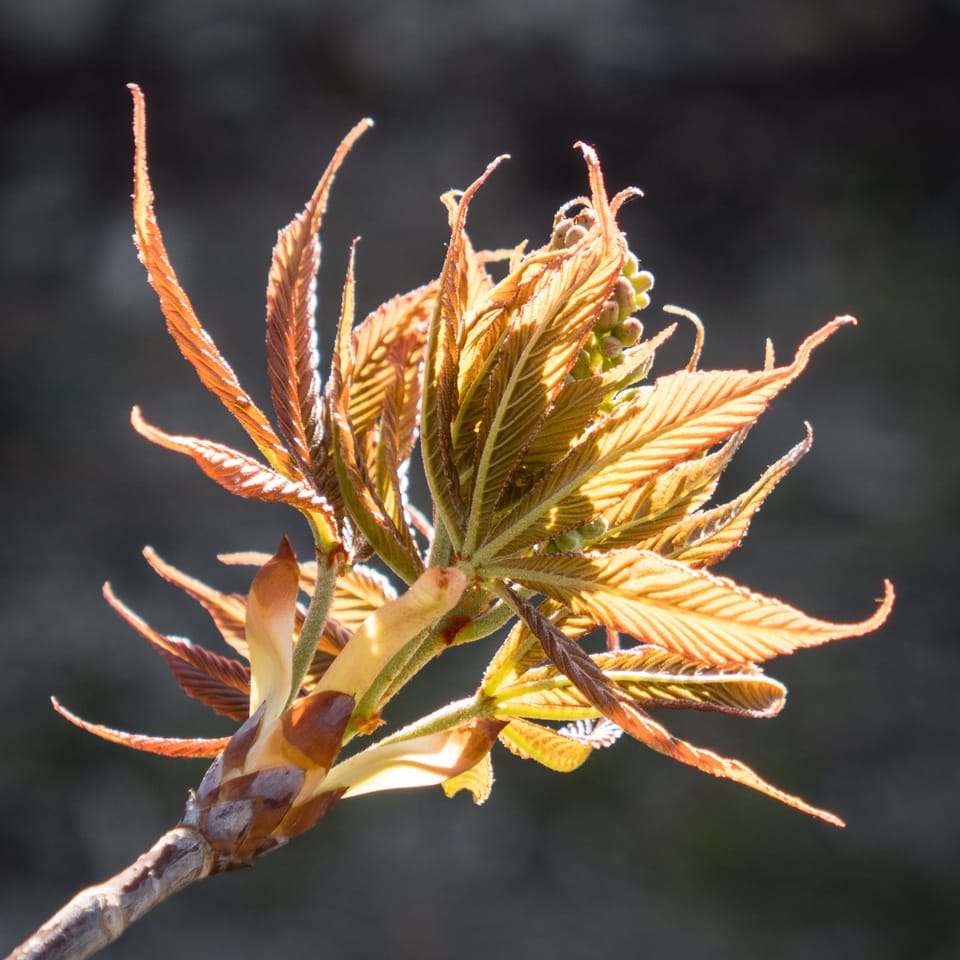EcoWest News, April 29, 2025

Welcome to EcoWest News, a weekly round-up of news and resources that you can put to use in addressing environmental issues and protecting the wild in your community.
Across the West
A USask student has published a booklet entitled A Saskatonian’s Guide to Ecological Restoration, providing explanations and small, meaningful ways that people can make a difference. [Google Doc Public]
A storymap developed by UAlberta students takes you on a tour of Alberta’s Natural Regions and Subregions, highlighting their characteristic and rare plant species as well as threats facing natural habitat conservation. [Alberta Native Plant Council]
A new report highlights the devastating impacts proposed logging will have on the survival and recovery of two of the last southern mountain caribou populations in Alberta. [CPAWS-NAB]
Calgary was built on dry, treeless prairie. Introducing trees for beauty, mental health, and to address the urban heat island is challenging. [Sprawl Calgary]
BC’s Sunshine Coast nearly ran out of water in 2022. It’s a warning to other communities to consider the source and reliability of their water supply. [CBC]
Xatśūll First Nation has filed for an injunction to halt Mount Polley mine in raising its tailings dam: “We will not stand idly by and allow the government to fast-track and completely ignore their legal obligations.” [The Narwhal]
A survey of two BC lakes indicates the problems that can be caused by too many boats (especially wake boats) and infrastructure: a disturbed lake bottom disrupting the delicate balance of aquatic ecosystems, increased erosion, and fragmented habitat. [Wildsight]
Around the World
Every year, millions of tons of fishing gear are lost, abandoned, or discarded in the world’s ocean. They trap marine life indiscriminately, disrupt food chains, and form 10% of all marine litter. [Bow Seat]
Energy
Old EV batteries could power smaller vehicles, houses, or even towns if manufacturers provided additional information about their performance and current state of health. [The Conversation]
By supporting customer-based energy resources (rooftop solar, battery storage, EVs), utilities can improve system efficiency and grid reliability and reduce carbon emissions. [Pembina Institute]
Biodiversity
Mountains are home to 87% of all species of birds, mammals, and amphibians. But biodiversity varies greatly from one mountain to another depending on their topography and on how fast and high they rose. [Nautil.us]
A comic strip raises questions about how we approach invasive species: “We live in a city that’s been completely and utterly altered by people, and yet there’s wildlife here, so we have to take care of them. There’s a thriving ecosystem here.” [The Revelator]
Insecticides help protect crops against troublesome pests, but even sub-lethal doses can negatively affect pollinators by disrupting the mating process. [Science Daily]
Making a Difference
L’Université Sainte-Anne, NS, is located along the Atlantic Flyway. It has become the first site outside the United States to install Dark Sky-approved outdoor sports lighting. [Dark Sky]
An Artistic Touch
Two Saanich teachers have developed climate-aware lesson plans and resource materials connecting science, art, and storytelling on BC Urban Streams and Watersheds. [Victoria News]
Film producer Andrew Williamson is advocating for more environmental films and a greater sustainability focus on all levels of production. [The Starfish]
The water quality dataset for the River Thames has been turned into music: “Embedded in the music is a complex, data-driven story about the health of our waterways and our relationship to the natural world.” [UWaterloo]
Photo credit: https://www.flickr.com/photos/apmckinlay/26644574322
EcoFriendly West informs and encourages initiatives that support Western Canada’s natural environment through its online publication and the Nature Companion website/app. Like us on Facebook, follow us on BlueSky, X, and Mastodon, or subscribe by email.

Member discussion